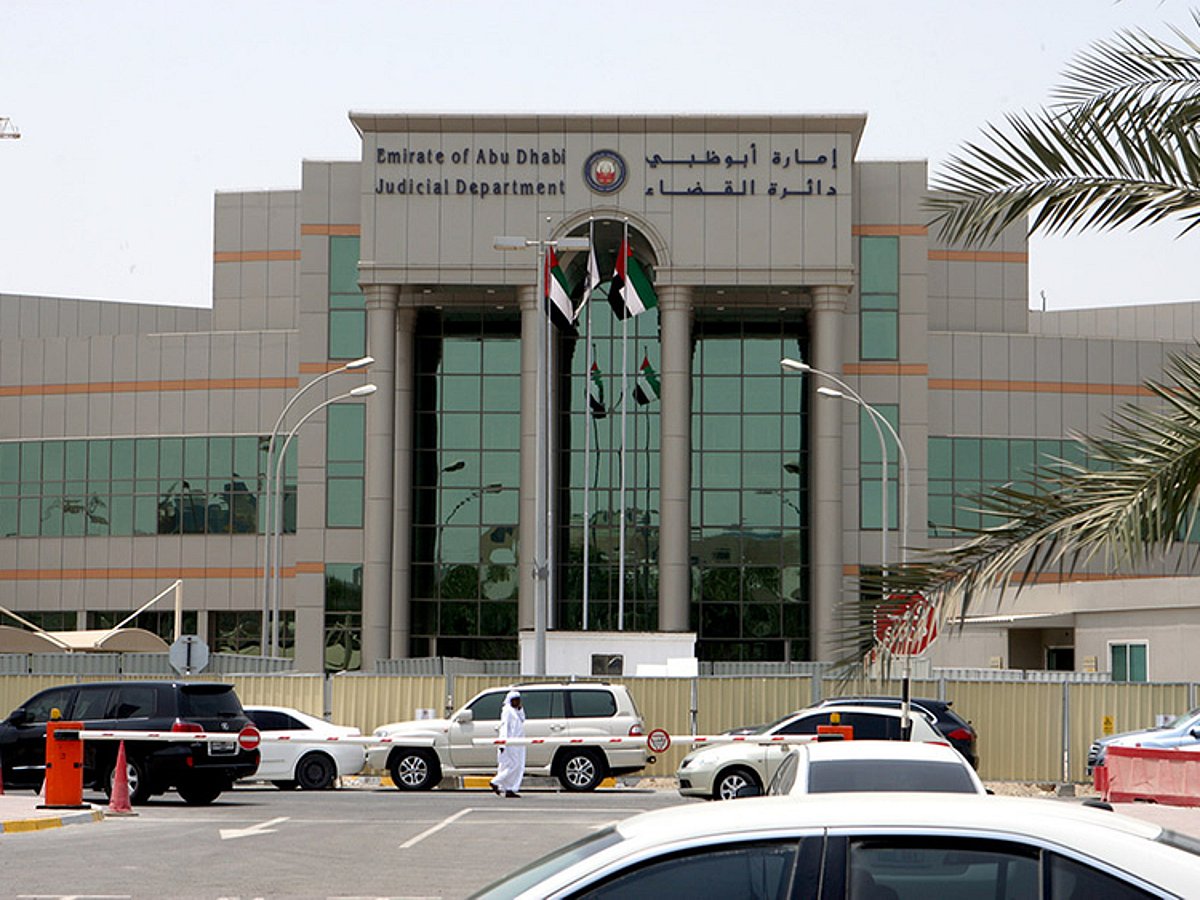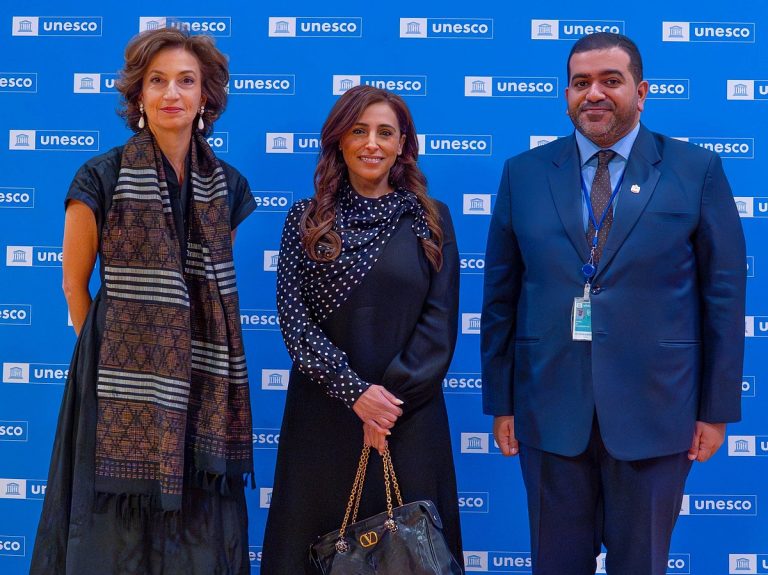Court Orders Man to Repay Dh1.5M Loan to Friend
A recent ruling from the Abu Dhabi Civil Family Court has mandated a European man to repay a total of Dh1.514 million and €225,000 to his friend, along with an additional Dh100,000 in compensation. This decision follows the man’s failure to return funds that were loaned to him during a financial crisis.
Background of the Case
The plaintiff, a long-time friend of the defendant, testified that he provided financial assistance to help the defendant navigate business difficulties. He transferred Dh1.514 million directly to the defendant’s personal account and sent €225,000 to a company associated with him, with the understanding that these amounts would be repaid within a specified timeframe.
Evidence Presented
Despite the plaintiff’s repeated reminders through messaging platforms like WhatsApp and Telegram, the defendant did not repay the loans, citing various excuses. In response, the plaintiff took legal action, presenting substantial evidence, including bank transfer receipts and digital communications, to support his claim.
Court Proceedings
The defendant, represented by a legal proxy, contended that the funds were part of commercial transactions rather than personal loans. To clarify the situation, the court appointed a financial expert who confirmed that the Dh1.514 million was indeed transferred to the defendant’s personal account, unrelated to any business dealings.
Court’s Decision
After reviewing the evidence and the expert’s findings, the court ruled in favor of the plaintiff, confirming the defendant’s obligation to repay the full amount. However, the court dismissed the plaintiff’s claim regarding the €225,000, citing a lack of sufficient evidence linking it directly to the defendant. Additionally, the court awarded the plaintiff Dh100,000 in compensation for the distress caused by the defendant’s failure to repay the loans.
FAQs
What was the total amount ordered for repayment?
The court ordered the defendant to repay a total of Dh1.514 million and €225,000, along with Dh100,000 in compensation.
Why did the court dismiss the claim for €225,000?
The court dismissed the claim for €225,000 due to insufficient evidence proving a direct link between the funds and the defendant.
What evidence did the plaintiff provide to support his case?
The plaintiff provided bank transfer receipts and digital messages from WhatsApp and Telegram to substantiate his claim of a personal loan.
Conclusion
The court’s ruling underscores the importance of clear documentation in financial transactions, particularly in personal loans. As the defendant is required to repay the amounts owed, this case serves as a reminder of the legal obligations that arise from financial agreements.
The case highlights the complexities that can arise in personal financial transactions, particularly when they involve significant sums of money. In many jurisdictions, including the UAE, the distinction between personal loans and business transactions can be critical in determining the outcome of legal disputes. The court’s reliance on expert testimony to clarify the nature of the funds demonstrates the importance of expert analysis in resolving such matters. Financial experts often play a crucial role in litigation, providing insights that can influence judicial decisions.
Furthermore, the ruling reflects broader trends in legal practices surrounding loan agreements and personal finance. As individuals increasingly engage in informal lending arrangements, the necessity for clear documentation and mutual understanding becomes paramount. This case serves as a cautionary tale for both lenders and borrowers, emphasizing the need for written agreements that outline repayment terms and conditions to avoid potential disputes.
The outcome of this case may also have implications for future financial dealings among friends and acquaintances, as it underscores the potential risks involved when personal relationships intersect with financial obligations. As individuals navigate these situations, they may be more inclined to formalize their agreements to protect their interests and ensure accountability. Overall, the court’s decision reinforces the legal principles governing financial transactions and the importance of maintaining transparency and clarity in such dealings.
Also Read:
Abu Dhabi Court Awards Dh10,000 in Defamation Case







